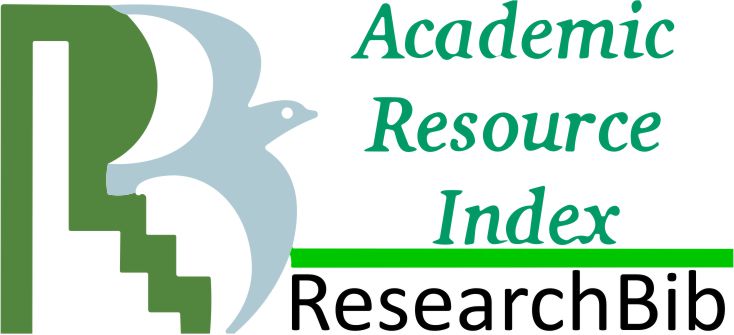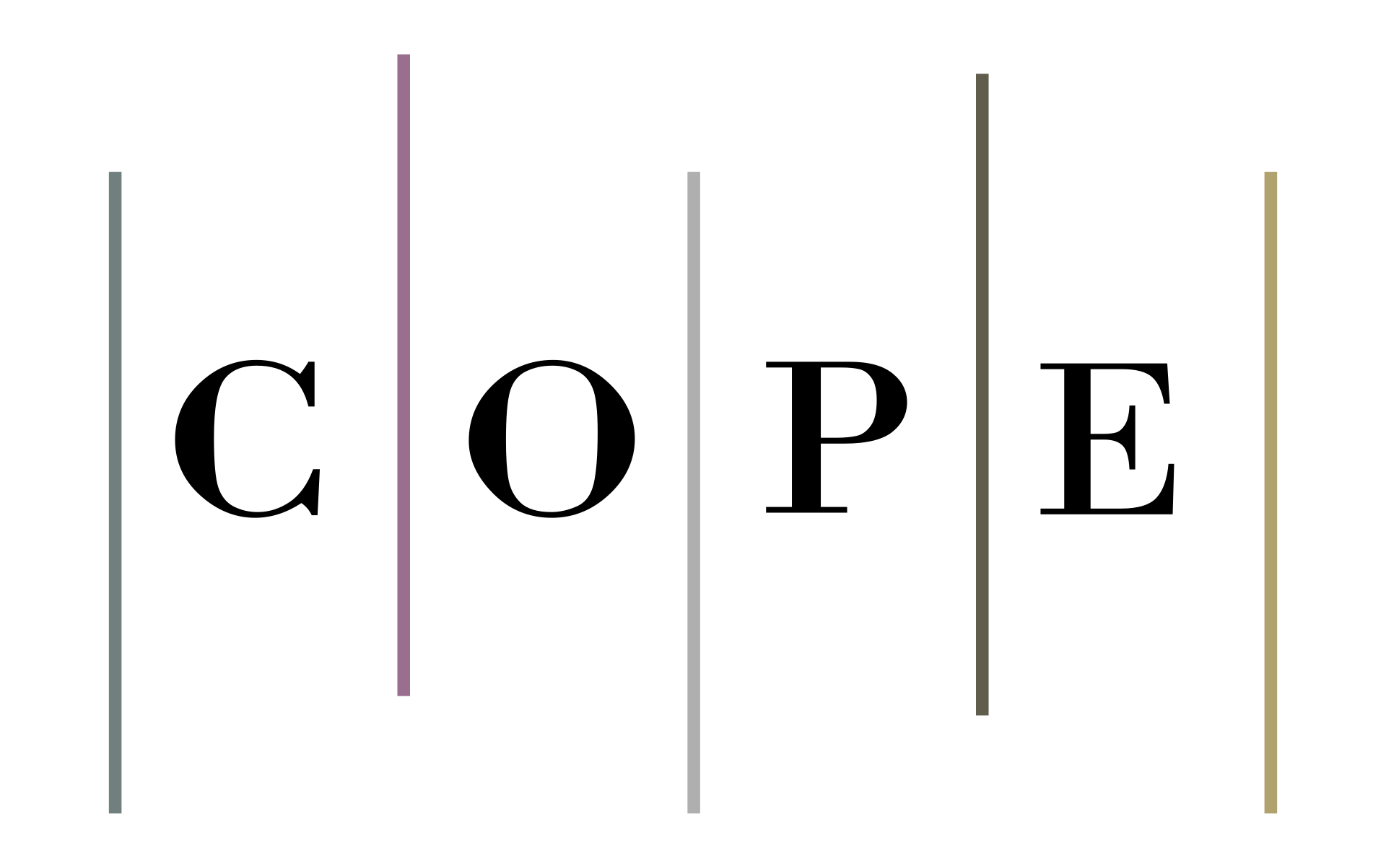Editorial Policies
Open Access Policy
JAKI is dedicated to advancing accounting practices and the profession by disseminating high-quality research. It ensures open access to all its content, making articles accessible online. The articles are freely available for reading, downloading, sharing, printing, and other lawful uses, with no fees or restrictions other than the need for internet access.
Coppyright and Licensing
Authors retain the copyright of their articles while granting JAKI the rights to publish them. All published articles are licensed under a Creative Commons Attribution-NonCommercial 4.0 International License (CC BY-NC 4.0). This license allows non-commercial use of the content with proper attribution to the authors and the journal. Authors may share their articles on institutional repositories, personal websites, or third-party repositories, provided the original publication in JAKI is acknowledged and a link to the original article is included. Detailed terms are outlined in the author guidelines and displayed on all published articles.
Publication Policy
JAKI uses a double-blind peer review process to ensure high-quality, unbiased publications. Each manuscript is reviewed by at least two experts, with the identities of both authors and reviewers kept confidential. Reviewers follow strict guidelines to maintain objectivity, confidentiality, and meet deadlines.
The journal accepts original manuscripts in Bahasa and English that have not been published or reviewed elsewhere. Articles that pass review must be professionally proofread, with authors submitting a certificate from the language editor.
Plagiarism Check and AI Policy
Plagiarism Check
JAKI uses Turnitin to assess the similarity level of submitted manuscripts. Articles are considered for publication only if the overall similarity score is below 25%, and individual similarity components do not exceed 3%. Articles failing to meet these thresholds will be rejected immediately.
AI Policy
JAKI recognizes the role of AI in research and writing processes. Authors must disclose the use of Generative AI tools (e.g., ChatGPT) in their work, specifying the model and its purpose in the methods or acknowledgments section. Authors are responsible for ensuring the accuracy, validity, and originality of AI-generated content, avoiding plagiarism, and verifying all claims and references. Generative AI tools cannot be listed as authors. Failure to disclose AI usage may result in rejection of the manuscript at any stage of the publication process.
Digital Preservation and Repository Policy
All versions of published articles, including preprints, postprints, and the final published version, are securely stored in the publisher's archive.
The final published version is freely available and can be shared or deposited in any repository or on any website. There is no waiting period before the full text of the published article becomes accessible. The copyright remains with the authors, under the CC BY-NC 4.0 license.
However, the preprint (submitted version) and postprint (accepted version) are not made openly accessible to prevent confusion and ensure the accuracy and consistency of articles across different platforms. The published version, on the other hand, can be shared, posted, or deposited as long as proper citation with the DOI is provided, giving credit to the original source.
Complaints and Appeals Procedure
JAKI upholds high editorial standards. Complaints about decisions, processes, or ethics can be emailed to jaki@ui.ac.id, with responses within one week and actions communicated to the complainant. Authors can appeal editorial decisions by submitting detailed explanations to the same email. Appeals are reviewed by an independent panel and concluded within three months, with the final decision and rationale shared with the authors.
Handling Research Misconduct Allegations
JAKI follows COPE guidelines in addressing allegations of research misconduct. The editorial team conducts initial assessments and, if necessary, full investigations. Relevant parties are informed, and appropriate actions, such as corrections or retractions, are implemented based on the findings.
Post-Publication Discussion and Corrections
JAKI encourages academic discourse through post-publication discussions. Readers can engage with authors via social media platforms, particularly on summarized version posts. Comments are moderated to ensure constructive dialogue. Errors identified in published articles are corrected, retracted, or updated as necessary, with clear indications provided in the journal.
Inclusivity and Accessibility
JAKI is dedicated to diversity, equality, and inclusivity in its operations. Editorial decisions are based solely on academic merit, regardless of authors' nationality, ethnicity, political beliefs, religion, gender, or institutional affiliation. All published content is accessible to a wide audience via the journal's website and social media platforms.












